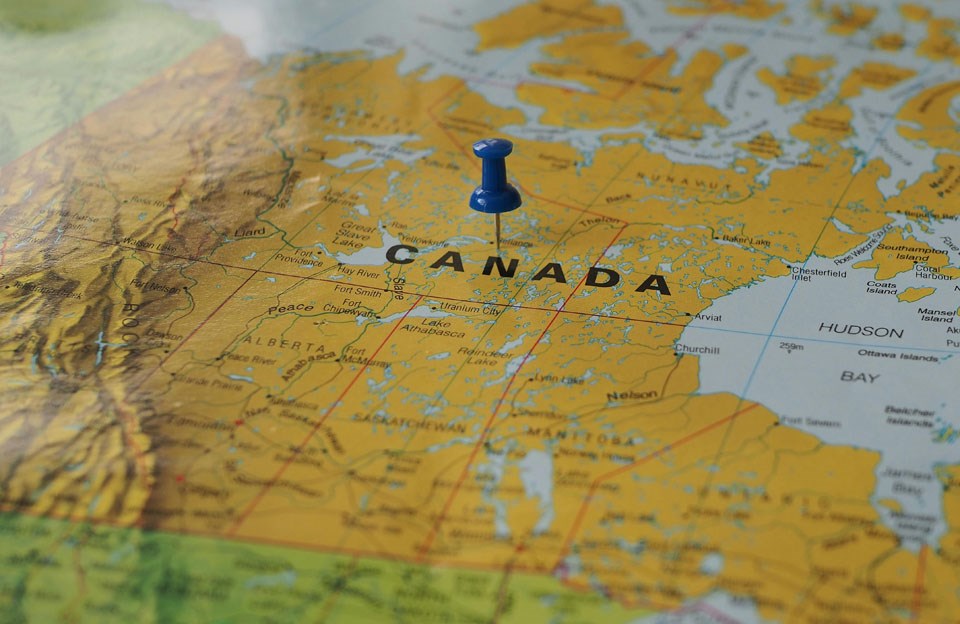Now that the election is behind us and Mark Carney has been handed the reins of government, it’s time to focus on what matters most: fixing the policy failures that have held Canada back for the past decade.
I recently had the privilege of speaking with three thoughtful policy experts — economist and Financial Post editor William Watson, Frontier Centre’s Vice President of Research and Policy Dr. Marco Navarro-Génie, and Catherine Swift, president of the Coalition of Concerned Manufacturers and Businesses of Canada. Our wide-ranging discussion focused on the economic and institutional challenges that threaten Canada’s long-term prosperity. The insights they shared — grounded in experience, data and a deep concern for the country — made one thing clear: the new government faces an urgent to-do list.
Canadians didn’t vote for more political theatre — they voted for results. But the economic problems haven’t gone away. Weak growth, declining productivity and investor flight are all signs of a country adrift. The new government must course-correct, starting with the economy.
Canada’s growth problem is real
Canada’s economic performance over the past 10 years has been dismal. It’s no wonder many are calling it “the Lost Decade.” GDP per capita — a key measure of how much economic output is created per person — has barely budged while our international peers have surged ahead. This isn’t just an abstract economic metric. It means Canadians are falling behind in real terms — earning less, struggling more and seeing fewer opportunities for themselves and their children.
A key cause is poor policy: excessive regulation, unpredictable tax frameworks and government-heavy industrial strategies that have failed to produce meaningful results. Capital is fleeing the country, productivity is slumping and even Canadian firms are investing elsewhere. The solution is not more central planning. It’s restoring the conditions for Canadians to thrive through work, innovation and enterprise.
Energy ambition must meet energy reality
Canada has what the world wants: abundant natural resources, a highly educated workforce and some of the highest environmental standards on the planet. But unclear energy policy — and an aversion to critical infrastructure like pipelines — has stalled progress.
If the Carney government is serious about turning Canada into an “energy and clean energy superpower,” it must acknowledge the role of oil and gas alongside renewables and nuclear power. Anything less is wishful thinking. We need investment certainty, streamlined permitting and a commitment to responsible development. Environmental posturing should not come at the cost of economic reality.
We must fix internal trade before preaching to the world
Canadians may be surprised to learn it’s often harder to do business between provinces than with other countries. While we champion free trade on the global stage, Canadians remain blocked from trading freely with each other. Interprovincial trade barriers inflate costs, suppress innovation and discourage business expansion. A licensed hairdresser in Ontario can’t easily work in Nova Scotia. Quebec beer can’t be freely sold in New Brunswick. These aren’t quirks of Confederation — they’re self-inflicted economic damage.
Three provinces — Ontario, Nova Scotia and New Brunswick — have recently pledged to dismantle some of these barriers. That’s encouraging. But national leadership is needed. A country that can’t trade within itself has no business lecturing others about open markets.
Don’t alienate our most important ally
The Canada–U.S. relationship is our most vital economic partnership. We can’t diversify away from a neighbour that buys three-quarters of our exports. That requires strategy, not showmanship — and a government that understands diplomacy, defence and economic interdependence go hand in hand.
Offhand statements suggesting the relationship is “over,” as Carney put it, aren’t just melodramatic. They’re reckless. Canada must show it’s a capable partner, not a reactive one.
Rebuild confidence at home
The election wasn’t a reset — it was a warning. Canadians are anxious, investors are wary and the country is fractured. Rebuilding confidence starts with governing transparently, delivering results and confronting the policy failures too long ignored.
The campaign may be over, but Canada’s challenges are not. Now the real work must begin.
David Leis is President and CEO of the Frontier Centre for Public Policy and host of the Leaders on the Frontier podcast.
The commentaries offered on SaskToday.ca are intended to provide thought-provoking material for our readers. The opinions expressed are those of the authors. Contributors' articles or letters do not necessarily reflect the opinion of any SaskToday.ca staff.




